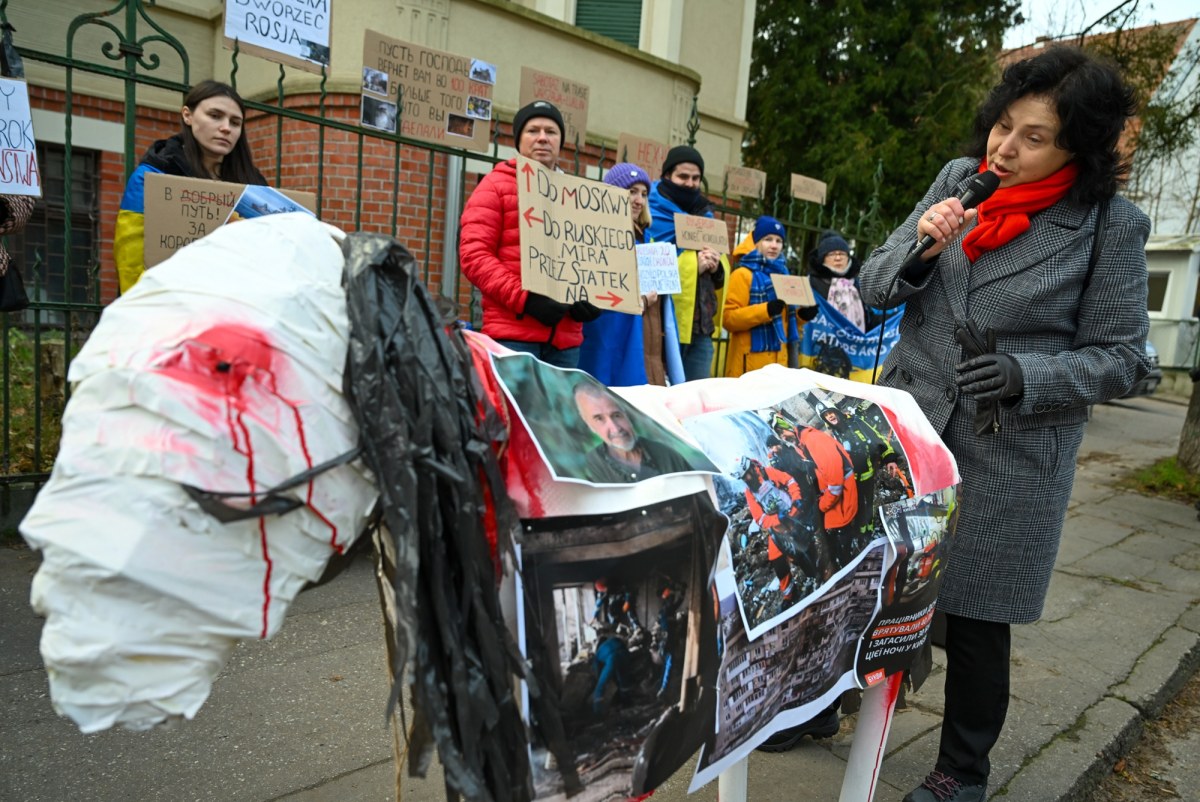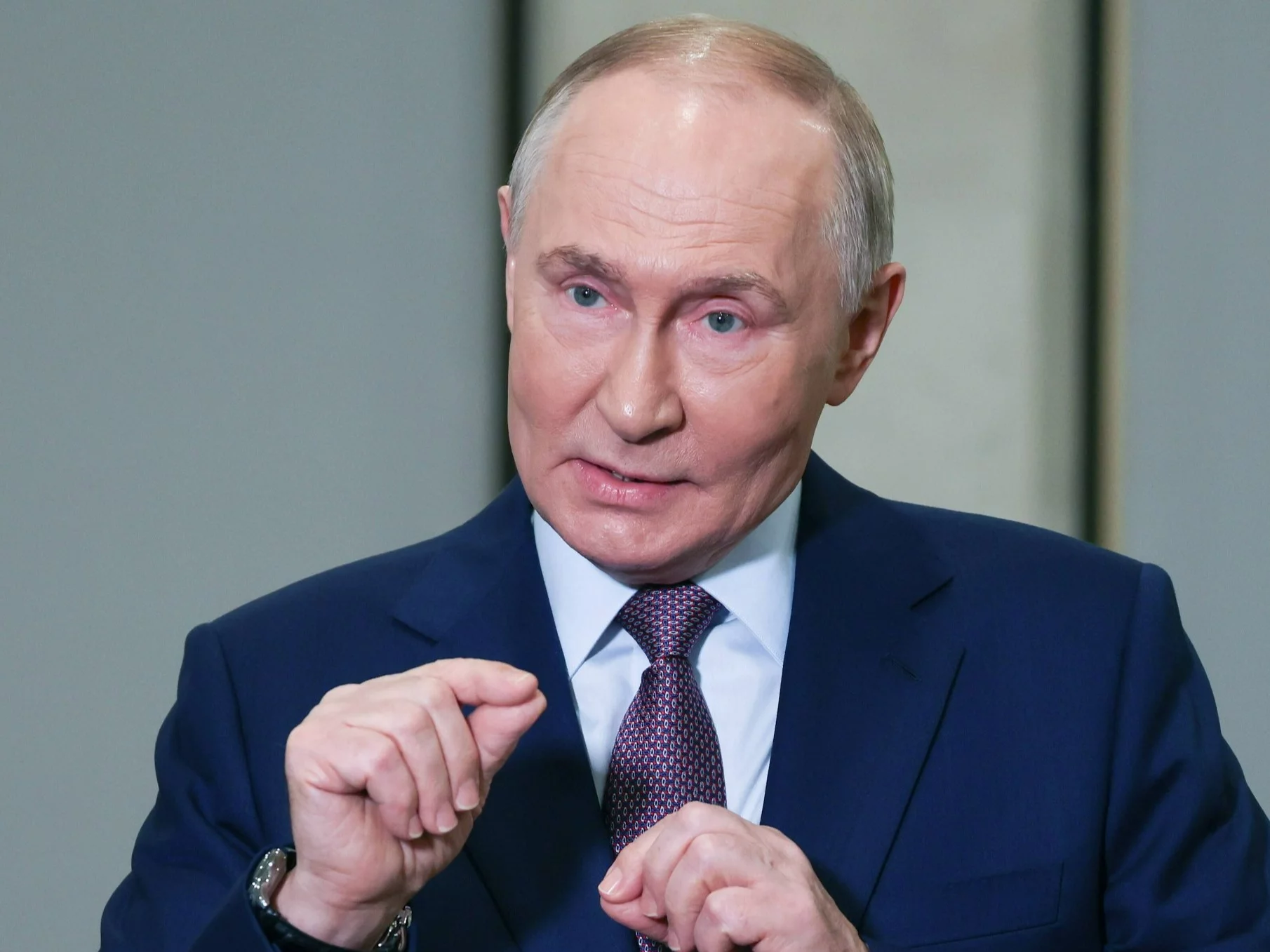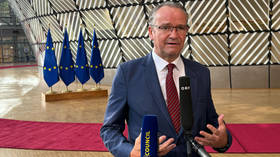German organizations targeted by Russian services. Media reveals details
natemat.pl 7 months ago
Related
recommended
Syria: Chrześcijanie wciąż prześladowani
1 day ago
"Upadek Londynu"? Polityka z choinką w tle
4 days ago












